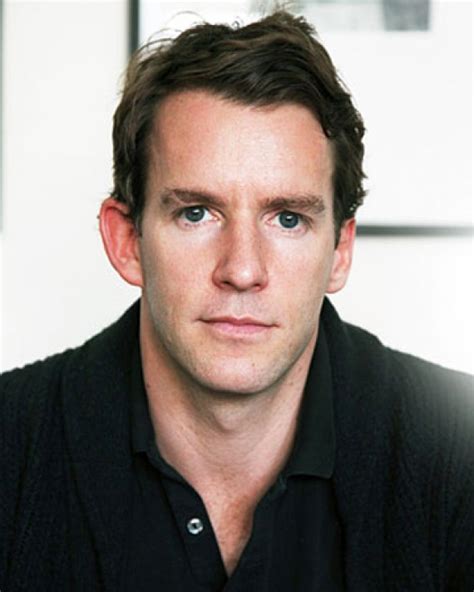A Quote by Ian Mcewan
One important theme is the extent to which one can ever correct an error, especially outside any frame of religious forgiveness. All of us have done something we regret - how we manage to remove that from our conscience, or whether that's even possible, interested me.
Related Quotes
When things get bad enough, then something happens to correct the course. And it's for that reason that I speak about evolution as an error-making and an error-correcting process. And if we can be ever so much better - ever so much slightly better - at error correcting than at error making, then we'll make it.
After each failure, ask forgiveness, pick yourself up, and try again. Very often what God first helps us toward is not the virtue itself but just this power of always trying again. For however important chastity (or courage, or truthfulness, or any other virtue) may be, this process trains us in habits of the soul which are more important still. It cures our illusions about ourselves and teaches us to depend on God. We learn, on the one hand, that we cannot trust ourselves even in our best moments, and, on the other, that we need not despair even in our worst, for our failures are forgiven.
It's very important for us because we are viewers, first and foremost. We view more than we make. For us, it's important that the viewing experience is fun and thrilling and exciting and fresh and different. Those are our goals when we are writing something. When you watch it in the theatre, which I hope you will, how will you have the best experience possible? That's really important to us, and is the most thrilling.
I've been interested in the idea of forgiveness and the necessity of it. I think of it as the most critical piece of any relationship, whether that be business, or romantic, or familial. We fail each other. We make mistakes. If we contract to go on after those mistakes, forgiveness is involved. Forgiveness is required.
Conscience is a creator of meaning. As a sense of constraint rooted in our emotional ties to one another, it prevents life from devolving into nothing but a long and essentially boring game of attempted dominance over our fellow human beings, and for every limitation conscience imposes on us, it gives us a moment of connectedness with an other, a bridge to someone or something outside of our often meaningless schemes.
Our struggle to put first things first can be characterized by the contrast between two powerful tools that direct us: the clock and the compass. The clock represents our commitments, appointments, schedules, goals, activities - what we do with, and how we manage our time. The compass represents our vision, values, principles, mission, conscience, direction - what we feel is important and how we lead our lives. In an effort to close the gap between the clock and the compass in our lives, many of us turn to the field of "time management."
We do not have to make ourselves suffer in order to merit forgiveness. We simply receive the forgiveness earned by Christ. 1 John 1:9 says that God forgives us because He is ‘just.’ That is a remarkable statement. It would be unjust of God to ever deny us forgiveness, because Jesus earned our acceptance! In religion we earn our forgiveness with our repentance, but in the gospel we just receive it.
It's not a matter of how much you know or can define, or how many millions of mantras or thousands of prostrations you have done, or how many months of wangs you've attended. The important thing is whether or not the mind is really changing, whether our negative emotions are really coming under control, whether we are really beginning to understand ourselves, whether our mind is really improving, and whether in our hearts there is genuine love and caring for other people.






































